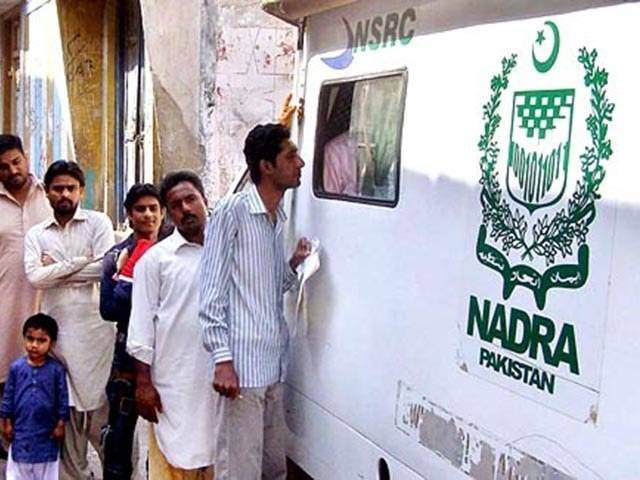Everything becomes dearer after implementation of budget
Businesses, including those of street vendors, now need to be registered with NADRA

PHOTO: FILE
After the implementation of the budget, prices of daily-use products, including ghee, cooking oil, soft drinks, mineral water, cosmetics, juices, sugar and frozen items, surged while branded and durable products, including electrical home appliances, vehicles and batteries and ornamental products like gold, silver and diamonds, also became dearer.
In addition, prices of building materials, including cement, iron rods, steel products, marble, paints and varnish, also transcended beyond expectations while lubricants and fuels, including CNG and LNG, also became pricier implying a subsequent increase in costs of construction and transportation.
After implementation of the new regulatory and customs duties proposed in the budget, prices of all imported items have also gone up.
Govt set to go public with data of 53 million people
The government has also extended the withholding period for exemption of capital gains tax (CGT). Following the changes, built up structures will be exempted from CGT after five years of their purchase while tax exemption for open plots would be available after a withholding period of 10 years. The rate for super tax, however, remains unchanged.
The new formula for ascertaining bank income proposed in the budget has also been implemented. Salaried individuals with income above Rs100,000 will pay Rs2,500 monthly tax. Income from property worth Rs8 million will now be taxed at a rate of 35 per cent instead of 20 per cent, while tax on transportation services has been increased from 2.0 per cent to 4.0 per cent. Local royalties will be charged 15 per cent tax.
Late filers of income tax returns wanting to remain part of active taxpayer list (ATL) will have to pay from Rs1,000 to Rs20,000 as penalty. As proposed in the new budget, restriction on purchase of property and vehicles for non-filers stands withdrawn. However, non-filers have to submit their income tax returns within 45 days of the purchase of the vehicle or property failing which the FBR would impose tax penalties on them and serve them recovery notices. Non-payment or default in this regard will lead to prosecution and result in heavy fines and imprisonment ranging from one year to three years.
Meanwhile, tax exemptions granted to the privileged classes and dignitaries, including the army chief, president, prime minister and chief justice, remain intact as no changes have been made under the second schedule of the Income Tax Ordinance.



















COMMENTS
Comments are moderated and generally will be posted if they are on-topic and not abusive.
For more information, please see our Comments FAQ